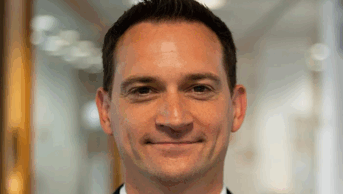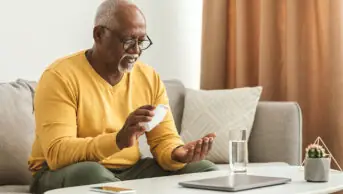It’s not only people with body dysmorphic disorder that have a distorted view of their body. Everyone does, according to a recent study.
Research published in the Journal of Experimental Psychology found “dramatic systematic distortions in the perception of bodily proportions” in subjects who were asked to compare the lengths of two body parts. The length of the torso was overestimated the most, the foot was the most underestimated part, and arm length was more overestimated than the length of the leg.
In general, people visually perceive the relative size of their body parts as a function of each part’s relative tactile sensitivity and physical size. But there were no distortions when people were asked to estimate the size of a body part relative to another object. And findings were the same even when participants were in front of a mirror.
A simple technique to alter individual’s perception of their physical attributes even further is to ply them with alcohol. A study published in the British Journal of Psychology showed that the more alcoholic drinks people consumed in a bar, the more attractive they thought they were.
But interestingly, it seems to be people’s beliefs about the effect of alcoholic drinks that influences how attractive they feel, and not the alcohol itself. In the same study, one group of subjects were given an alcoholic drink while another were given a non-alcoholic one. Half of each group were told their drink was non-alcoholic while the other half were told they had an alcoholic version. After their drinks, all participants delivered a speech rating how attractive, bright, original, and funny they thought they were. The researchers found that any boost in self-perception was down to whether that individual thought they had drunk alcohol, rather than whether they actually had.
The rather more well known ‘beer goggles effect’ — in which alcohol makes members of the opposite sex appear more attractive to the drinker — has been measured by researchers from the universities of Glasgow and St Andrews. They found that people who have consumed a moderate amount of alcohol find members of the opposite sex around 25% more attractive than their sober counterparts.
The beer goggles effect applies equally to both male and female subjects. It is thought to be due to the effect of alcohol on the region of the brain used to determine facial attractiveness — the nucleus accumbens.


